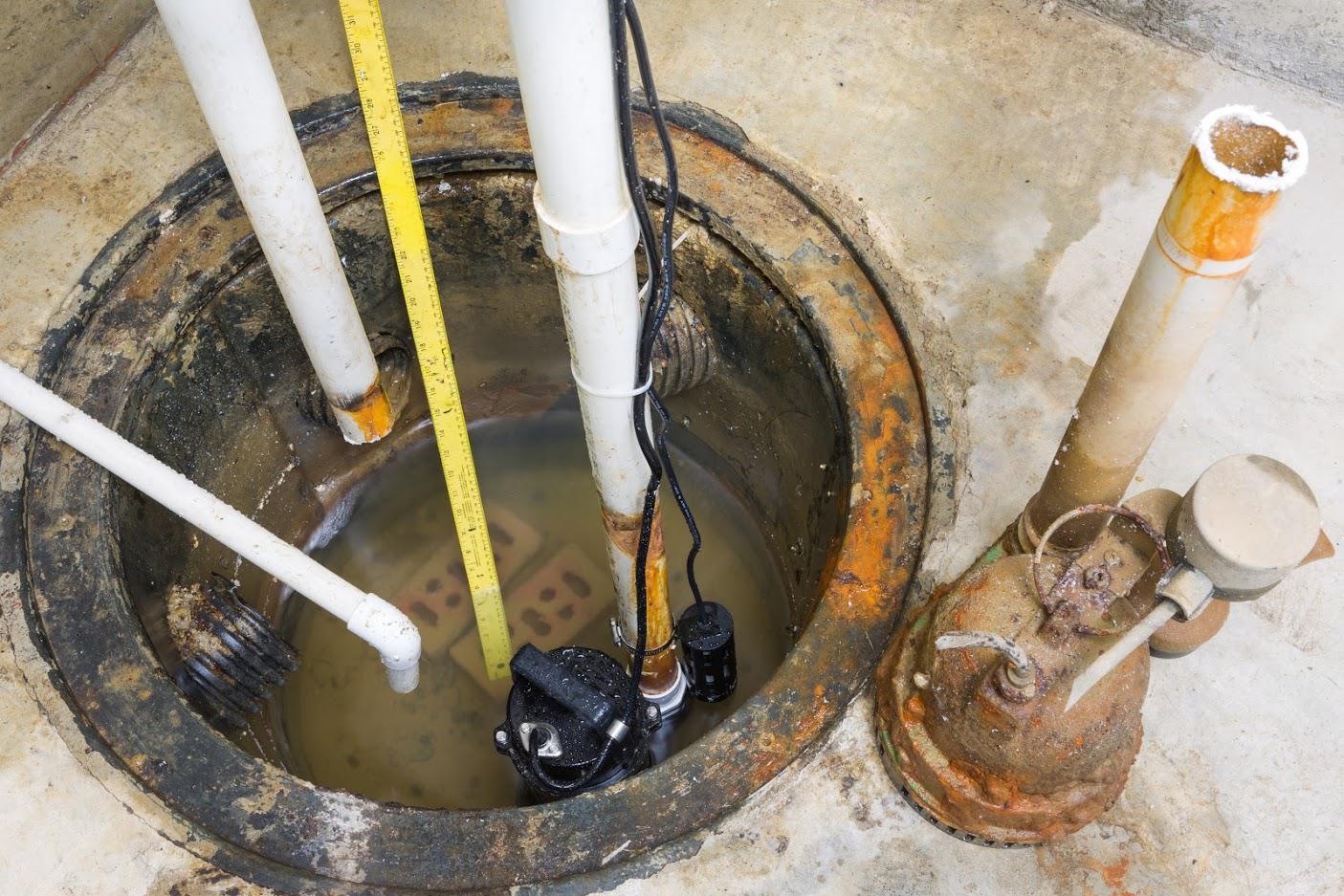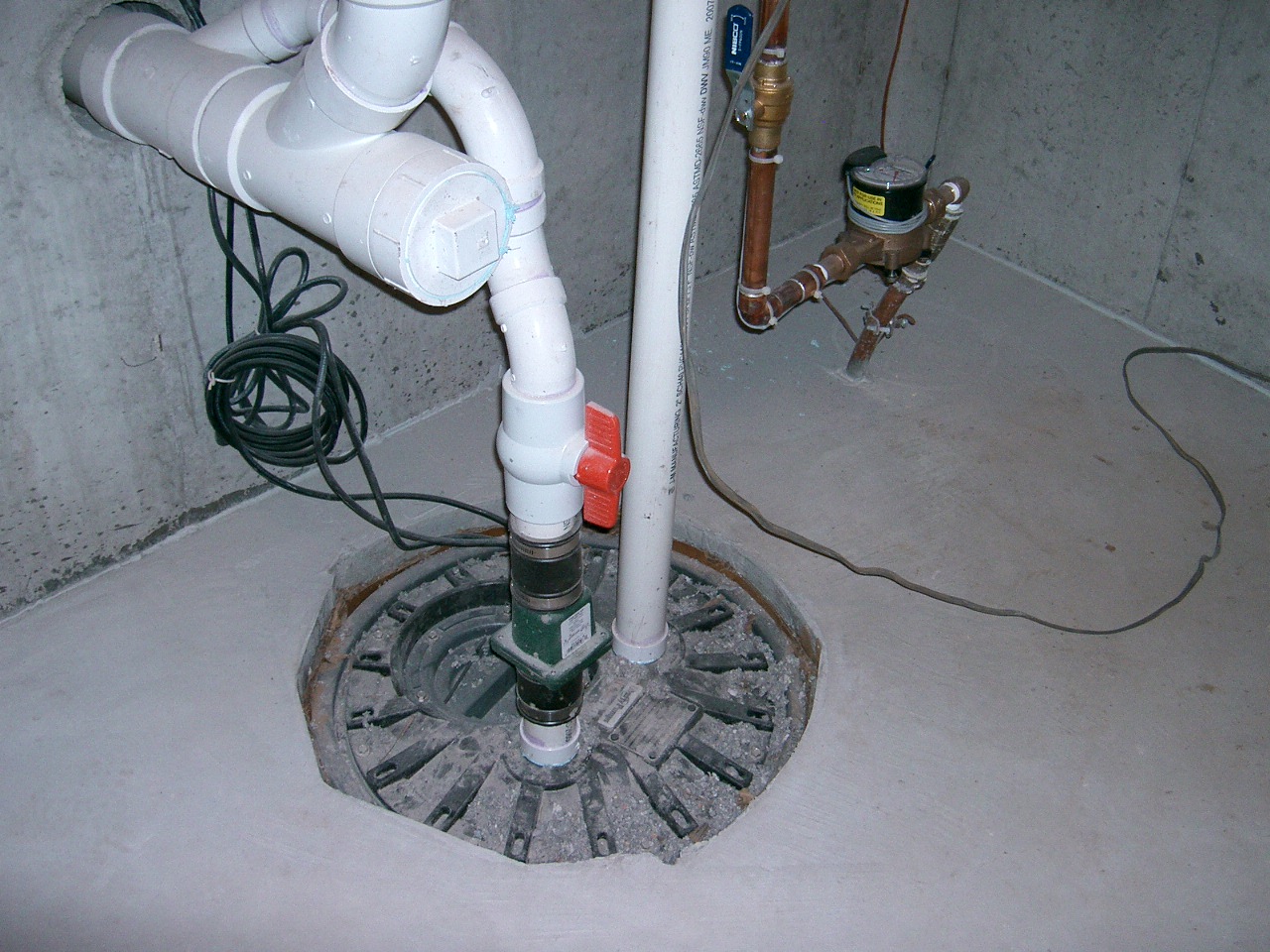Almost everyone maintains their own individual assumption about How to Care for Your Sump Pump.

Sump pumps are important parts in numerous homes, particularly in locations susceptible to flooding or extreme moisture. They help stop water damage by efficiently getting rid of excess water from basements or crawl spaces. Nonetheless, like any other appliance, sump pumps call for routine upkeep to ensure they work effectively when required the most. Cleansing your sump pump is an important part of its maintenance, and comprehending exactly how to do it properly can save you from costly fixings and potential catastrophes.
Introduction
Keeping a clean sump pump is vital for its proper functioning and long life. Overlooking this vital task can cause blockages, breakdowns, and eventually, water damages to your building. Consequently, finding out how to cleanse a sump pump is important for property owners who rely upon these devices to keep their basements completely dry and secured.
Indications of a Dirty Sump Pump
Knowing when your sump pump requires cleansing is essential for preventing possible malfunctions. Some common indications that suggest a dirty sump pump include unusual sounds during procedure, lowered water circulation, and noticeable particles in the pit. If you notice any of these symptoms, it's vital to clean your sump pump immediately to avoid any more concerns.
Preparing for Cleaning
Prior to you start cleaning your sump pump, it's vital to take some safety and security preventative measures. Start by shutting off the power to the pump to prevent any type of electrical crashes. Furthermore, use proper protective equipment, such as handwear covers and safety glasses, to protect yourself from dirt, particles, and prospective microorganisms.
Comprehending the Sump Pump
Prior to diving into the cleansing procedure, it's important to have a basic understanding of exactly how a sump pump functions. Normally installed in a pit or basin below the cellar floor, a sump pump consists of several essential components, consisting of a pump, a float switch, and a discharge pipeline. When water accumulates in the pit, the float button triggers the pump, which then pumps the water out through the discharge pipe, away from the structure's structure.
Step-by-step Guide to Cleaning a Sump Pump
Turning off the Power
Begin by detaching the power supply to the sump pump to avoid any crashes while cleaning.
Checking for Correct Performance
Before reinstalling the pump, do a quick test to make sure that the float switch activates the pump appropriately. Pour some water into the sump pit and observe the pump's operation. If every little thing is working properly, you can reconstruct the pump and reconnect the power supply.
Eliminating Particles and Dust
Use a bucket or a scoop to get rid of any kind of noticeable debris, dirt, or sediment from the sump pit. Dispose of the debris appropriately to avoid it from blocking the pump or the discharge pipeline.
Cleaning the Pump and Drift Switch
When the pit is clear of debris, carefully eliminate the pump from the pit. Evaluate the pump and the float switch for any type of indicators of damages or wear. Use a soft brush or cloth to clean up the surfaces and remove any type of gathered gunk.
Purging the System
After cleaning up the pump and float switch, flush the sump pit with clean water to remove any kind of continuing to be dust or debris. This will help ensure that the pump operates smoothly and effectively.
Maintenance Tips to Maintain Your Sump Pump Clean
Along with routine cleansing, there are numerous maintenance suggestions you can follow to maintain your sump pump in ideal condition:
Verdict
Cleaning your sump pump is a vital element of its upkeep and ensures that it operates properly when you need it one of the most. By following the steps detailed in this overview and including routine maintenance right into your routine, you can prolong the lifespan of your sump pump and shield your home from water damages.
How To Inspect And Clean A Sump Pump
There are a few things you may want to look for when inspecting your sump pump. These include:
Leaks: If you notice any leaks around the sump pump, it likely needs to be repaired or replaced. Mud or Water: If there is any mud or water around the sump pump, it’s likely that it’s not working properly and needs to be cleaned. Noises: If you hear any strange noises coming from the sump pump, it may be indicative of a problem. Next, you’ll need to clean the sump pump. If you notice any of these issues, it’s best to clean the sump pump as soon as possible. To do this, you’ll need to remove the pump from its housing. Be sure to have a bucket handy to catch any water that may spill out. Once the pump is removed, use a brush or a spray nozzle to clean off all of the mud and debris. You may also want to check the impeller for damage or wear and tear. If you find any damage, you’ll need to replace the pump.
Once the pump is clean, reattach it to its housing and replace any parts that were removed. Be sure to test the pump before putting everything back in place. Once everything is back in order, put the cover back on the sump pit and refill it with water.
https://elekplumbing.com/blog/how-to-inspect-and-clean-a-sump-pump/

I recently found that post on Steps to Cleaning Your Sump Pump Properly while doing a lookup on the internet. For those who enjoyed our blog posting kindly be sure to share it. We enjoy your readership.
At This Website